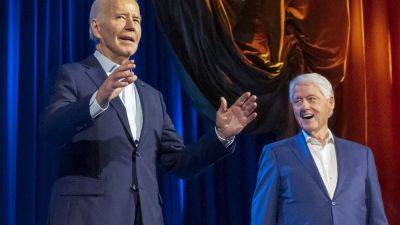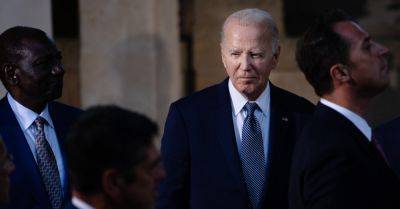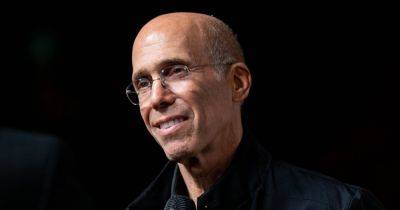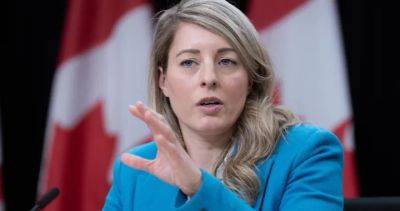Can Billions in New Subsidies Keep Family Farms in Business?
Agriculture Secretary Tom Vilsack has a line about the state of small-scale agriculture in America these days.
It’s drawn from the National Agricultural Statistics Service, which shows that as the average size of farms has risen, the nation had lost 544,000 of them since 1981.
“That’s every farm today that exists in North Dakota and South Dakota, added to those in Wisconsin and Minnesota, added to those in Nebraska and Colorado, added to those in Oklahoma and Missouri,” Mr. Vilsack told a conference in Washington this spring. “Are we as a country OK with it?”
Even though the United States continues to produce more food on fewer acres, Mr. Vilsack worries that the loss of small farmers has weakened rural economies, and he wants to stop the bleeding. Unlike his last turn in the same job, under former President Barack Obama, this time his department is able to spend billions of dollars in subsidies and incentives passed under three major laws since 2021 — including the biggest investment in conservation programs in U.S. history.
The plan in a nutshell: Multiply and improve revenue streams to bolster farm balance sheets. Rather than just selling crops and livestock, farms of the future could also sell carbon credits, waste products and renewable energy.
“Instead of the farm getting one check, they potentially could get four checks,” Mr. Vilsack said in an interview. He is also helping schools, hospitals and other institutions to buy food grown locally, and investors to build meatpacking plants and other processing facilities to free farmers from powerful middlemen.







